The relationship between Igbo and Yoruba, two of Nigeria’s most prominent ethnic groups, is characterised by a rich history of cultural exchanges, collaboration, and rivalry. This dynamics has evolved over time, shaped by various political, economic, and social influences.
Today, one might assume that the only relationship that has existed between the Igbo and Yoruba, whether historically or otherwise, is one full of rivalry and competition, especially in the political and economic spheres of Nigeria. Recent developments, particularly the emergence of political and ethnic tensions, have highlighted the urgent need for rapprochement, unity and cooperation between these two groups. During his August 4 broadcast to the nation in the wake of the #EndBadGovernance protests, President Bola Tinubu cautioned against ethnic hate, while emphasising the unity of the country.
Join our WhatsApp ChannelIgbo-Yoruba Shared Origins
Historical evidence shows that the Igbo and Yoruba both belong to the Niger-Congo language family. Certain cultural practices, such as traditional religious beliefs, festivals, and social structures, are similar among the Igbo and Yoruba, suggesting a common ancestry. For instance, both cultures place importance on naming ceremonies, which are based on the circumstances surrounding a child’s birth. The names may also reflect the family’s aspirations for the child.
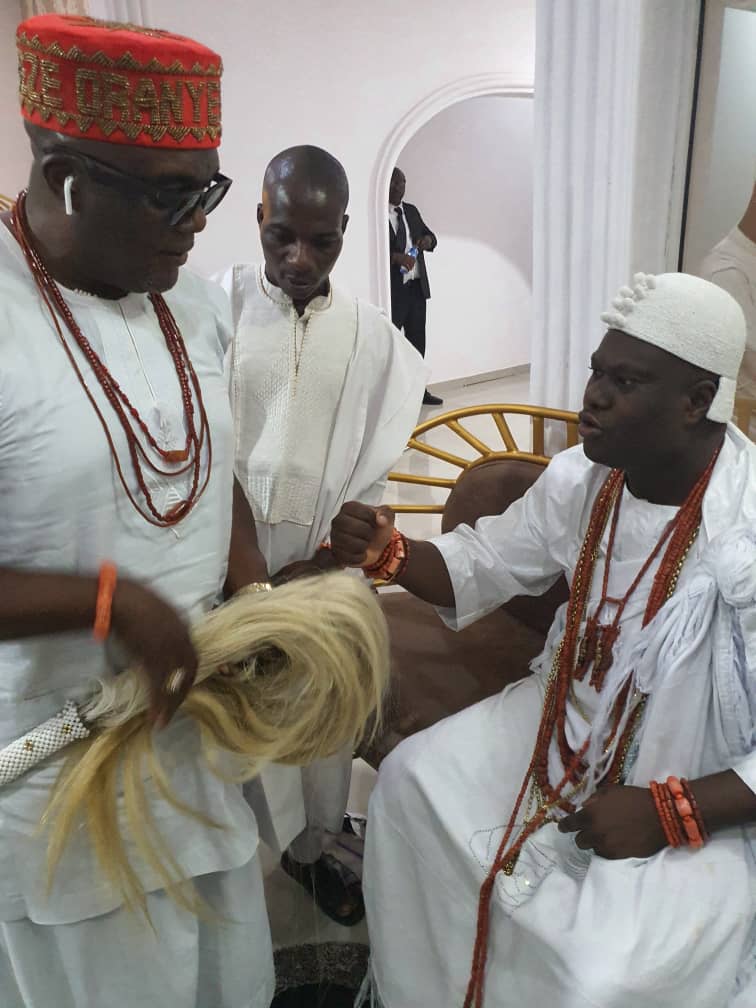
The Ooni of Ife, Adeyeye Enitan Ogunwusi, recently drew strong parallels between the historical origins of Igbo and Yoruba. Ogunwusi stressed that the Igbo were ancient inhabitants of Ife (in present-day Osun State), the cultural and ancestral cradle of the Yoruba. He adds that the ancient Igbo linkages to Ife is still alive in the oral narratives of Ife itself, and in the extant lineages of the Igbo, which are still manifest in their habitations within the Ooni’s palace. The views of the Ife monarch not only resurrected a long-running discourse, they have also deepened the belief in the shared ancestry and history of Igbo and Yoruba.
Unity in Trade, Arts and Culture
The two ethnic groups have coexisted for centuries, with deepening cooperation noticed in the 20th century, when both groups engaged in trade, exchanging goods such as textiles, agricultural products, and crafts, which fostered mutual dependency.
Music, arts, and crafts are unique to both cultures. These illustrate the cultural richness of these two ethnic groups. In the area of food, the Igbo value yam and cassava, while the Yoruba prefer rice and beans. This difference is as a result of their distinct agricultural environments; yet, it has not affected how the two ethnic groups coexist, which is mutually characterised by collaboration.
The Igbo and Yoruba celebrate various festivals, such as the Igbo New Yam Festival and the Osun Osogbo Festival, which each attract members of the other group. This is further illustrated by the actions of Nigeria’s first President, Nnamdi Azikiwe, who, in his quest to promote unity, attended the Osun Osogbo Festival in the 1950s and 1960s.
It is worth noting that traditional music from both ethnic groups has always blended during festivals since the 20th century, and this continues in modern times. Collaborations in music, such as Afrobeat, usually feature artists from both ethnic groups. For example, “Thank God” is an Afrobeat song by Omawumi and Dan Grin, while “Ololufe” features Flavour and Chidinma, blending English, Igbo, and Yoruba. These songs, among others, are indeed signs of collaboration between people from different backgrounds.
In contemporary times, events like the Lagos Carnivals often showcase the rich cultural heritage of both the Igbo and the Yoruba, thereby promoting unity through music, dance, and crafts. These projects indicate the potential for cooperation and mutual benefits between the two groups, despite historical political tensions.
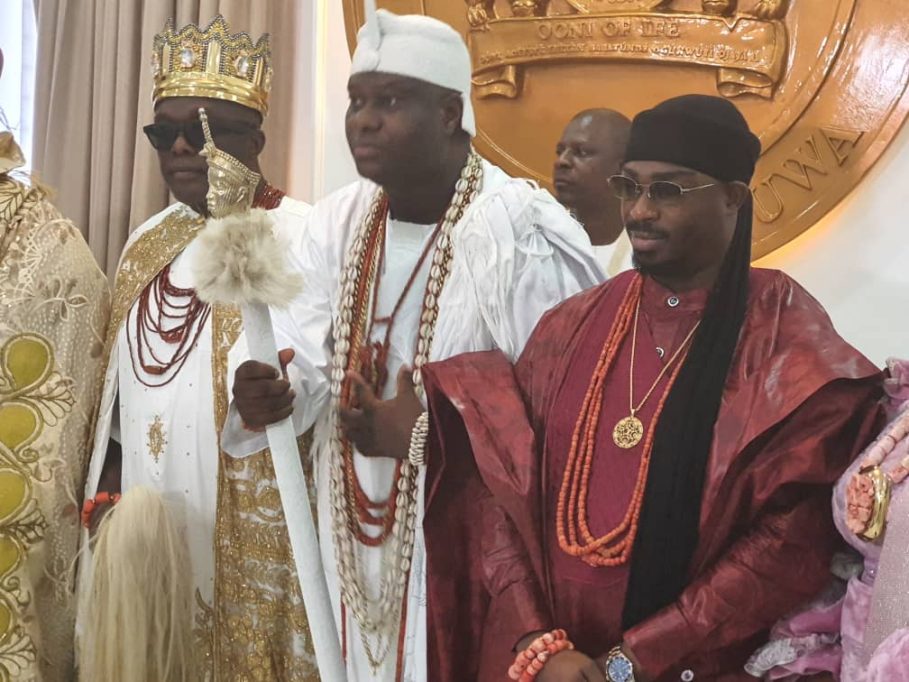
Political Rapprochement
Another piece of evidence of coexistence was during the colonial rule. In 1900, the Southern Nigeria Protectorate was established, which was predominantly inhabited by the Igbos and Yorubas. Then, in 1906, the Colony and Protectorate of Lagos and the Protectorate of Southern Nigeria merged to become the Colony and Protectorate of Southern Nigeria. Both groups also formed alliances during the formation of political parties in the 1950s, which helped them achieve political influence and ultimately independence.
History also shows that inter-ethnic marriages have helped break down barriers, fostering cultural integration and collaboration. One notable inter-ethnic occurred in the early 19th century between Oba Akintoye of Lagos and Princess Adetutu of the Igbo ethnic group. This cultural exchange between the two ethnic groups has continued in recent times.
Recently, popular musician, David Adeleke (Davido) married Chioma Avril, who is of Igbo descent. These marriages highlight cultural bridges, promoting understanding between the Igbo and Yoruba communities.
Igbo are Itinerant by Circumstance
The itinerant culture of the Igbo, along with their history of political alienation following the Nigerian Civil War, has indeed influenced their migration to Yorubaland, which hosts over 65% of Nigeria’s industrial headquarters.
Igbo itinerancy is also attended by high adaptability, and resilience, often driven by economic opportunities and trade. Igbo political alienation began immediately after the Civil War of 1967-1970. This is evident in the fact that since the 1960s, the Igbo have never produced a president of Nigeria. As a result, the majority of them have chosen to continue with their businesses.
The late Bola Ige, a prominent Yoruba politician, once recognised the economic activities of the Igbo in Lagos and emphasised their role in trade and commerce. About 2.3 to 3.3 million Igbos live in Lagos, and have contributed their quota to the peace and development of the area.
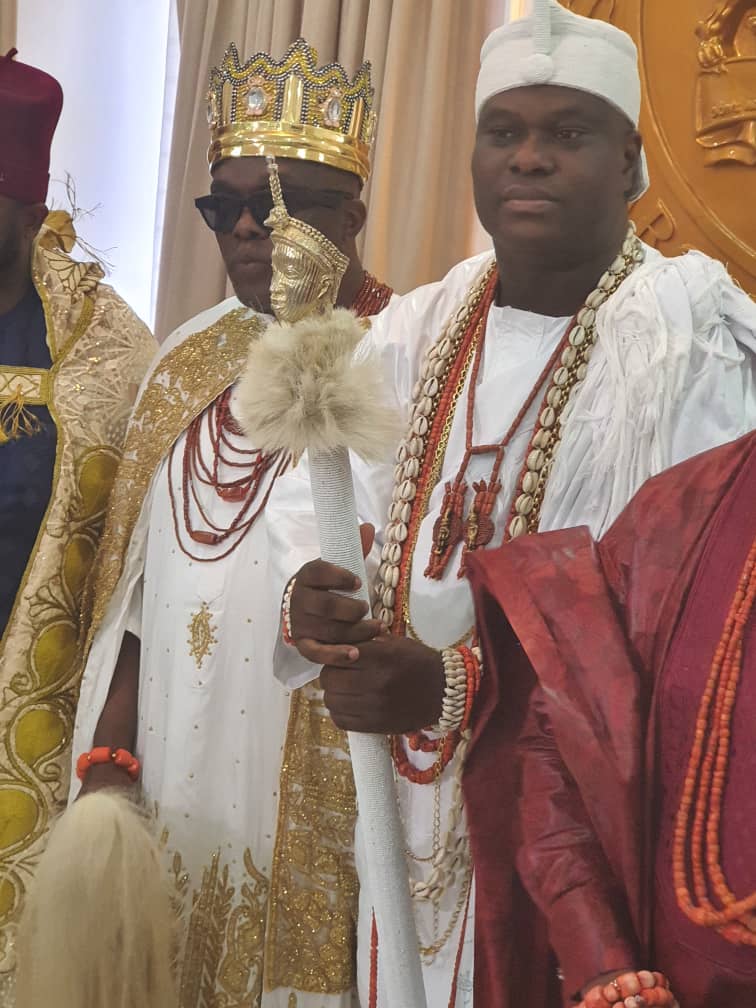
But both Igbo And Yoruba are Ingenious by Nature
The Yoruba and the Igbo share a great affinity in high educational attainments, religious tolerance, development orientation, and a high level of egalitarianism. As a result, they have established long-lasting trade links, historically engaging in business that has contributed to the economic development of regions like Lagos.
Regarding educational success, the 2008 Demographic and Health Survey noted that at least 82% of the Igbo and 86% of the Yoruba had completed primary education, with both groups showing high enrolment rates in secondary and tertiary institutions, indicating a strong focus on educational advancement within both groups.
Both groups also adhere to egalitarian principles. The Yoruba culture emphasises respect for individuals, especially elders, regardless of their social status, while the Igbo culture has a decentralised structure, also backed by respect for elders. Therefore, both groups practice equality before the law.
Unfortunately Divided by Politics
Despite the strong affinity between the two, a recent social media campaign, #IgboMustGo, called for the expulsion of Igbo people from Lagos and the Southwest. Though the act was condemned by both the Lagos State Government and a Yoruba socio-political group, Afenifere, this development has heightened tensions between the two communities.
The #IgboMustGo began to gain traction on 27th July 2024, stemming from a post by @lagospedia calling for a protest. Considering how the Igbo reportedly voted against the current Lagos administration during the 2023 election, the campaign appears to be an attempt to further suppress Igbo votes by inciting ethnic prejudice. Reports have alleged that during the election, Tinubu’s supporters used intimidation and manipulation to prevent Igbo from voting.
Indeed, the 2023 election witnessed high tension and violence. Reports also showed that inflammatory remarks and voter intimidation were prevalent, contributing to a changed atmosphere between the two groups. During the election, a Yoruba woman, Iyanoluwa Bolarinwa, reported how she was harassed and injured because she looks Igbo. One of her tweets stated, “I was told to go back to Anambra! How does Bolarinwa sound like an Igbo name? I was rough-handled, beaten, and sent out because I look Igbo.” This explains that the #IgboMustGo, a hitherto simmering sentiment, seemed to reach boiling point after the 2023 elections.
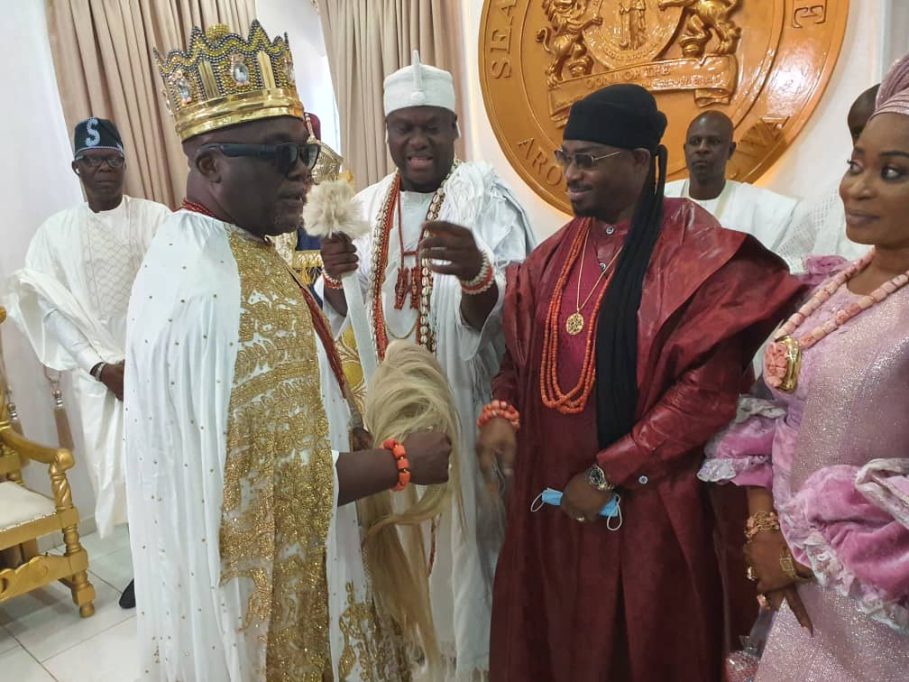
It is worthy to note that the roots of political tension between Igbo and Yoruba can be traced to the colonial era, beginning with the arrival of Azikiwe from the Gold Coast in 1937. The spark of the Igbo educational awakening led to the formation of the National Council of Nigeria and Cameroons (NCNC). This exacerbated tensions with the Yoruba-led Action Group founded by Obafemi Awolowo. It is not new in Nigeria how politicians often manipulate ethnic divisions to gain power, leading to a cycle of violence and mistrust. Some have alleged that the colonial masters subtly engineer such cycle of violence to keep the erstwhile colonies divided for the political and economic convenience of the former overlords.
Time to Seek Peace
Once politicians gain power as a result of ethnic division, that politician’s selfishness will definitely affect all ethnic groups. This is all the more reason it is important for the Igbo and Yoruba to work together against political interests trying to cause tension and sow discord for personal gain. Community and political leaders have emphasised the need for continuous cooperation among both groups to overcome these historical grievances. Some have expressed surprise that some Yoruba influencers, including within the present government, were still angry with the Igbo despite their non-participation in the recent protests against President Tinubu’s government.
Indeed, there are numerous opportunities in technology and cultural development, as well as mutual efforts for good governance and social and religious cooperation through festivals. Both communities must look beyond ethnic divisions and be aware of leaders who exploit ethnicity for personal gain. As the Igbo and Yoruba navigate the complexities of their relationship, embracing their shared heritage and collaborating all the more will be essential in fostering a more inclusive and harmonious society in Nigeria.
Dr Mbamalu is a Jefferson Fellow, member of the Nigerian Guild of Editors (NGE) and a renowned Publisher.
Dr. Marcel Mbamalu is a communication scholar, journalist and entrepreneur. He holds a Ph.D in Mass Communication from the University of Nigeria, Nsukka and is the Chief Executive Officer Newstide Publications, the publishers of Prime Business Africa.
A seasoned journalist, he horned his journalism skills at The Guardian Newspaper, rising to the position of News Editor at the flagship of the Nigerian press. He has garnered multidisciplinary experience in marketing communication, public relations and media research, helping clients to deliver bespoke campaigns within Nigeria and across Africa.
He has built an expansive network in the media and has served as a media trainer for World Health Organisation (WHO) at various times in Northeast Nigeria. He has attended numerous media trainings, including the Bloomberg Financial Journalism Training and Reuters/AfDB training on Effective Coverage of Infrastructural Development of Africa.
A versatile media expert, he won the Jefferson Fellowship in 2023 as the sole Africa representative on the program. Dr Mbamalu was part of a global media team that covered the 2020 United State’s Presidential election. As Africa's sole representative in the 2023 Jefferson Fellowships, Dr Mbamalu was selected to tour the United States and Asia (Japan and Hong Kong) as part of a 12-man global team of journalists on a travel grant to report on inclusion, income gaps and migration issues between the US and Asia.

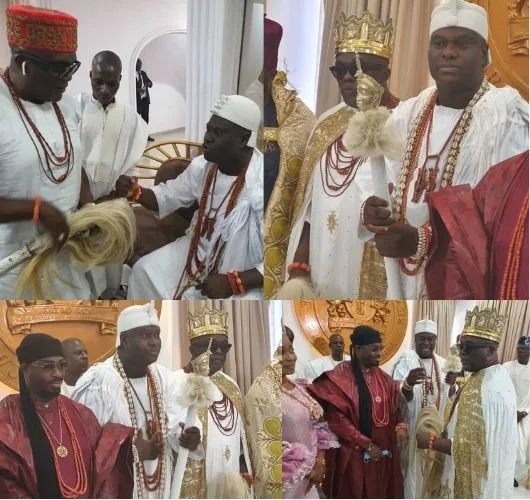



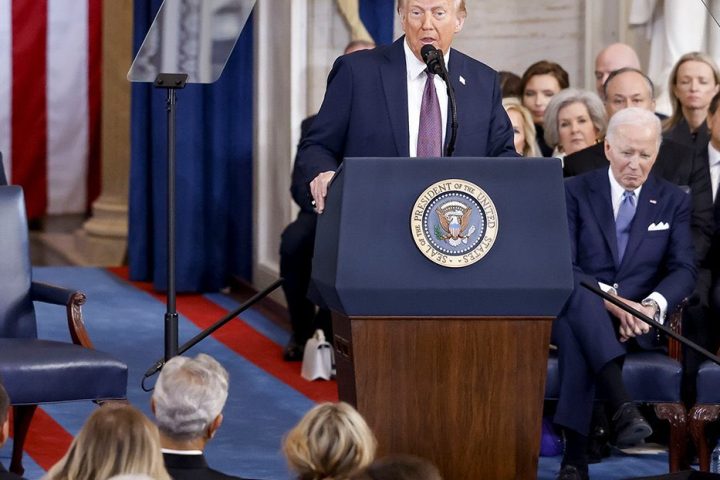

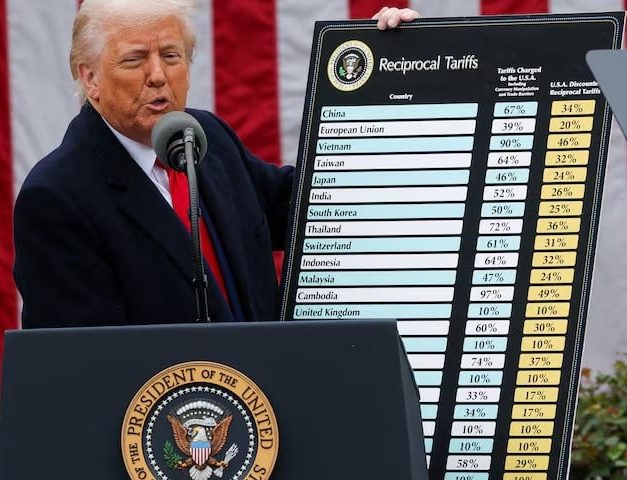








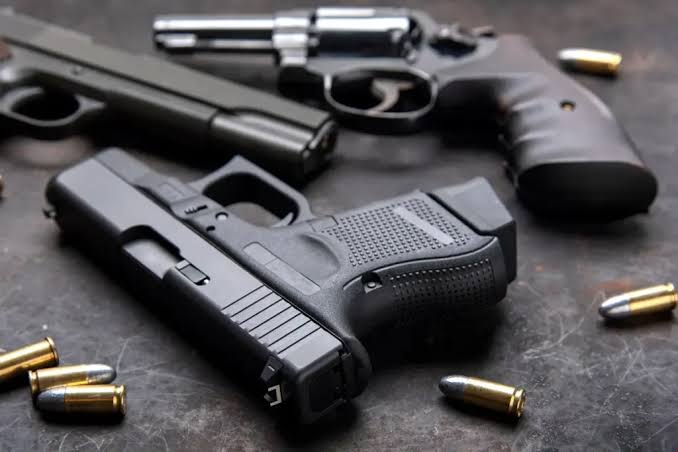
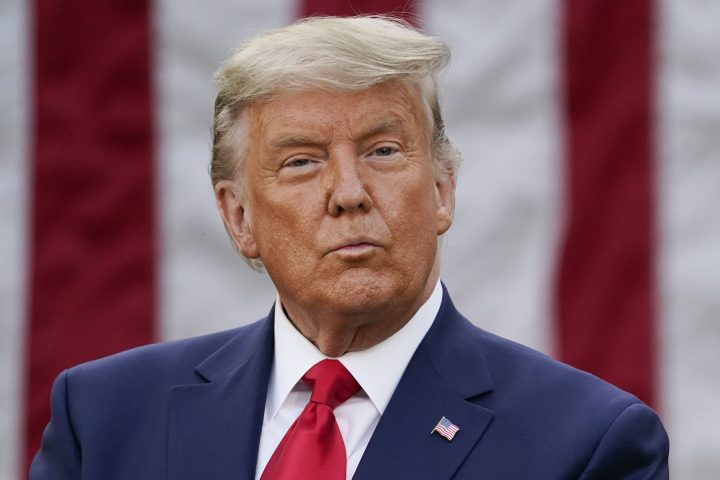
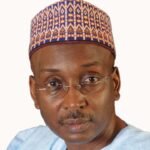
Follow Us